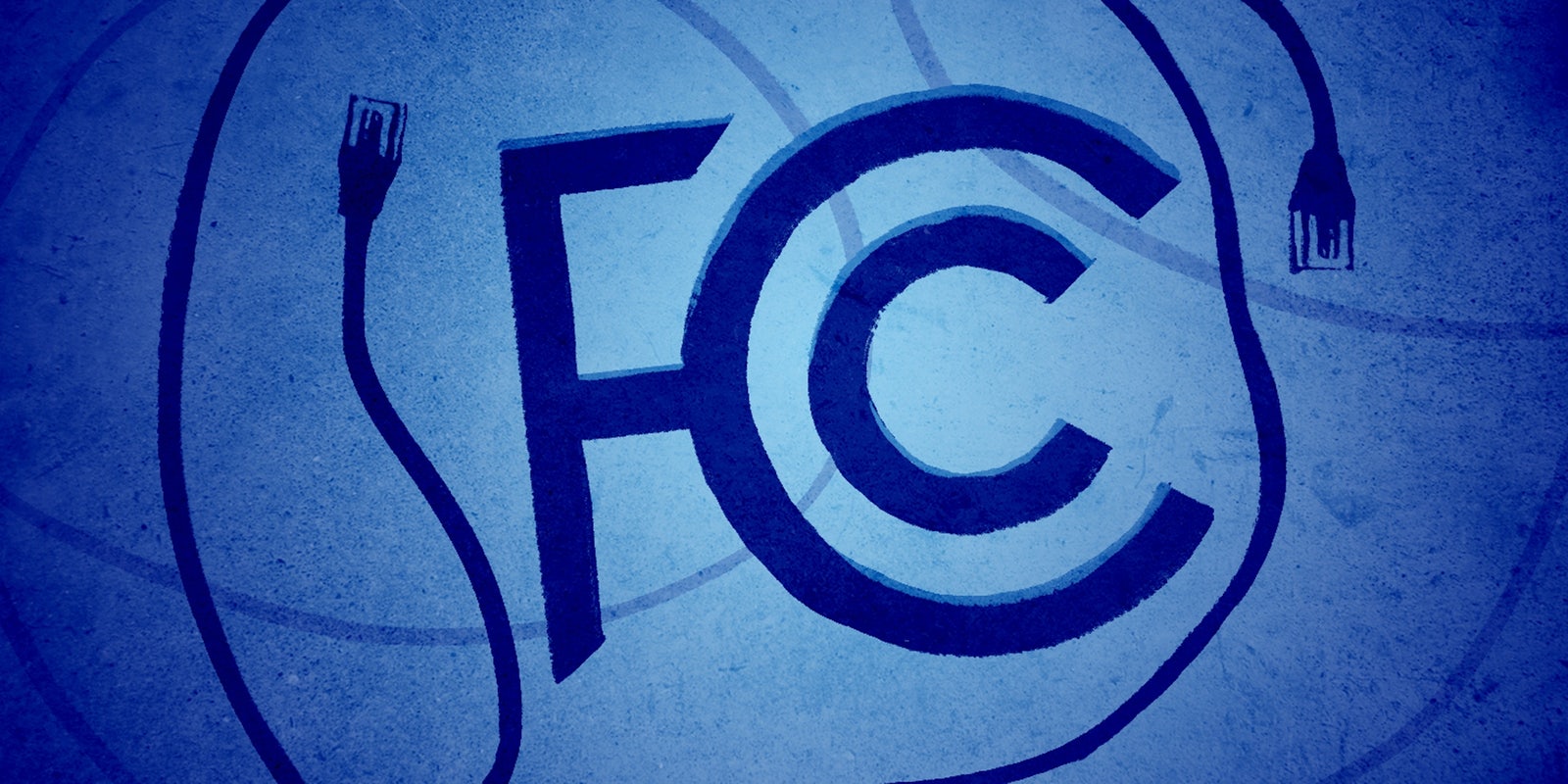The Federal Communications Commission voted at its monthly meeting Thursday to expand a low-income phone-subsidy program to Internet service and begin writing rules protecting the privacy of broadband customers’ data.
The vote on the broadband privacy measure sets up a months-long rulemaking process in which the FCC will seek public comment on how best to regulate what Internet service providers can do with the data they gather about their customers.
FCC Chairman Tom Wheeler’s proposal, announced in early March, would apply different standards to different types of data depending on its use. ISPs could freely use any customer information necessary to provide Internet service—like one’s billing address—but customers could tell their ISPs not to share other data with affiliates for marketing purposes. Companies would need their customers’ affirmative permission to share or use data for any reason unrelated to providing or marketing services.
“If this plan is adopted, each of us will have the right to exercise control over what personal data our broadband provider uses and under what circumstances it shares our personal information with third parties or affiliated companies,” Wheeler said before the vote. “We will know what information is being collected about us and how it’s being used.”
The Wheeler plan would also require ISPs to “take reasonable steps” to prevent thefts of customer information and would set a timeline for ISPs to notify customers and law enforcement of any data breach.
“I hope as we progress we think about how consumers can better understand the way their data is collected, what rules apply, and how they can protect themselves,” Jessica Rosenworcel, a Democratic FCC commissioner, said before the vote. “Because in the broadband age, consumers should not have to be network engineers to understand who is collecting their data and they should not have to be lawyers to determine if their information is protected.”
The consumer-advocacy group Free Press applauded the commission for its move.
“By virtue of their position, ISPs have near-unfettered access to our Internet traffic, allowing them to build comprehensive profiles of their users by surveilling the websites they visit and tracking the services they use online,” Gaurav Laroia, the group’s policy counsel, said in a statement. “This is why Congress directed the FCC to take special care in protecting against use of this information without users’ affirmative consent.”
The broadband industry has fiercely resisted new privacy rules. ISPs argue that they should not be subject to more stringent regulation than Web companies, like Google and Twitter, that rely more directly on advertising for their business models.
Walter McCormick, president of the ISP trade group USTelecom, said in a statement that the rules “will create a morass of regulations in the Internet privacy space and fail to provide a platform allowing consumers to count on privacy rules that are evenly applied across the Internet economy.”
Republican commissioner Ajit Pai echoed this argument at the meeting, saying, “It makes little sense to give some companies greater leeway under the law than others
when all may have access to the very same personal data. This disparate approach does not benefit
consumers or the public interest. It simply favors one set of corporate interests over another.”
The Commission’s decision to expand the Lifeline phone-subsidy program to Internet access, requiring ISPs to establish special service plans paid for by Lifeline’s $9.25 monthly subsidy, is intended to help close the broadband gap between lower- and upper-income households.
The latest FCC broadband report indicates that 34 million Americans (10 percent of the population) lack access to high-speed Internet, but that number is far higher among rural Americans, 39 percent of whom lack access. A lack of high-speed Internet access affects everything from how kids can do their homework to how hospitals can provide health care, which is why the broadband gap has exacerbated the disconnect between life in rural and urban areas.
“By incorporating broadband into the Lifeline program, we open the doors of
digital opportunity,” Rosenworcel said. “This simple change can help bring more broadband to low-income
households with school-aged children.”
The Lifeline vote was as controversial as the broadband privacy decision. Lifeline has been dogged by reports of fraud and abuse, and wireless companies have warned that the low subsidy amount will force people out of the program by requiring them to pay part of the cost, which many of them cannot afford to do.
The commission included several reforms in its Lifeline plan that are intended to reduce fraud, including a requirement that ISPs pay independent companies to verify applicants’ eligibility. ISPs must also check a database of Lifeline recipients to ensure that households requesting subsidies do not already get them.
“With these reforms in place, I
challenge anyone to find incentives for ‘waste, fraud and abuse,’” Democratic commissioner Mignon Clyburn said in prepared remarks before the vote.
USTelecom, whose members stand to benefit from an increased low-income subscriber base, said it “applaud[ed] the FCC’s modernization of the Lifeline program that will help to bring the transformative benefits of the Internet to millions of low-income Americans.”
The commissioners delayed the start of their meeting from 10am to 2:00pm ET as they conducted ultimately unsuccessful negotiations on a deal to cap the program’s cost at $2 billion.
Both votes were 3-2, with Chairman Wheeler and the two Democrats supporting the measures and the two Republicans opposing them.
Wheeler’s FCC has taken unusually bold regulatory steps in the last year, and it is currently defending two controversial moves—one to apply net-neutrality protections to broadband providers and another to nullify state restrictions on city-run Internet—in federal court.
Update 3:05pm CT, March 31: Added USTelecom comment.
Illustration by Max Fleishman
